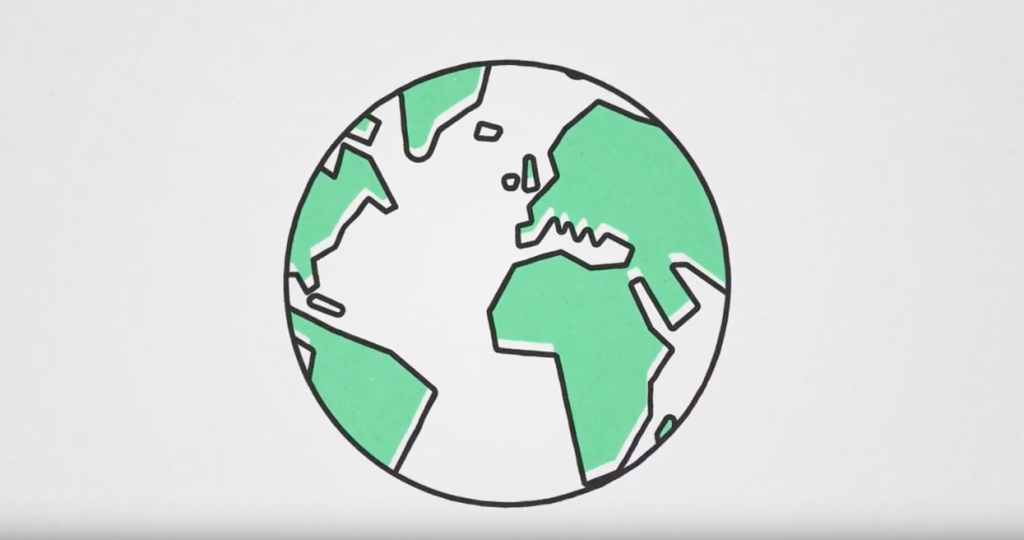
The climate coin toss: Has your business set carbon reduction targets that only have a 50% chance of preventing a catastrophe?
The Science-Based Targets Initiative is helping companies to set carbon targets to achieve the Paris Agreement’s ‘2ºC’ goal, but their approach gives just a 50% chance of success. Can we risk the fate of the planet on a coin toss?
Greenhouse gas emissions from human activity are rising and pushing up average global temperatures. In 2015, the global mean temperature reached 1ºC above pre-industrial levels for the first time.[1] If the Earth warms by 2ºC or more, the results for the planet and society will be catastrophic.
At the Paris Agreement, 195 countries committed to the overall goal of not exceeding 2ºC.
The Science-Based Targets Initiative (SBTI) is helping the corporate world to set decarbonisation targets in line with the Paris Agreement. However, their approach gives just a 50% chance of success. Would you risk the planet’s fate on a ‘coin toss’? We believe that business can go further, and set targets that give at least an 80% chance of avoiding a 2ºC rise.
We recommend corporates do seek SBTI approval for their carbon-cutting plans but set targets which are significantly more ambitious than SBTI’s current minimum.
Find out more about Verco’s work in science-based target setting here (https://www.vercoglobal.com/sbt).
[1] https://climateanalytics.org/briefings/global-warming-reaches-1c-above-preindustrial-warmest-in-more-than-11000-years.html


